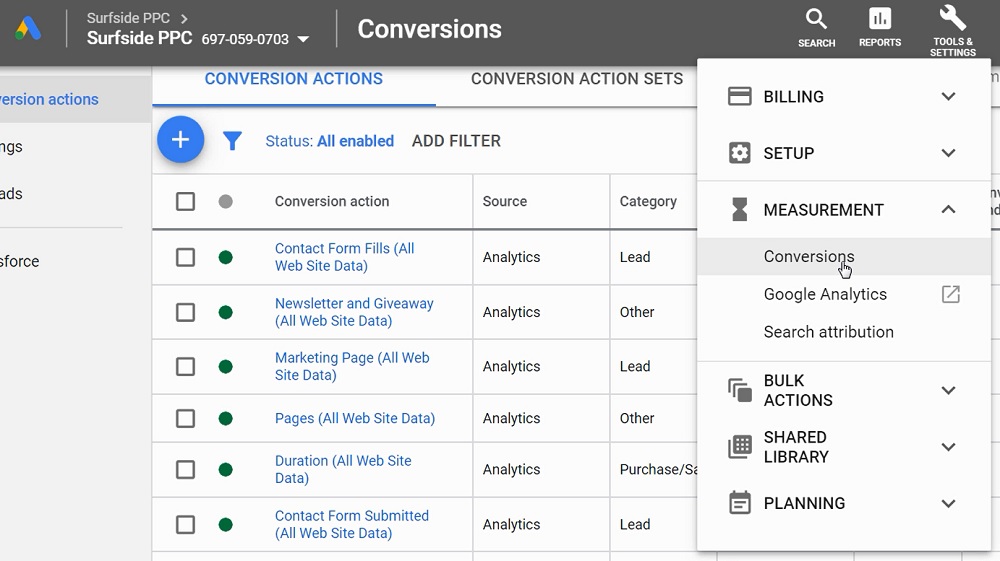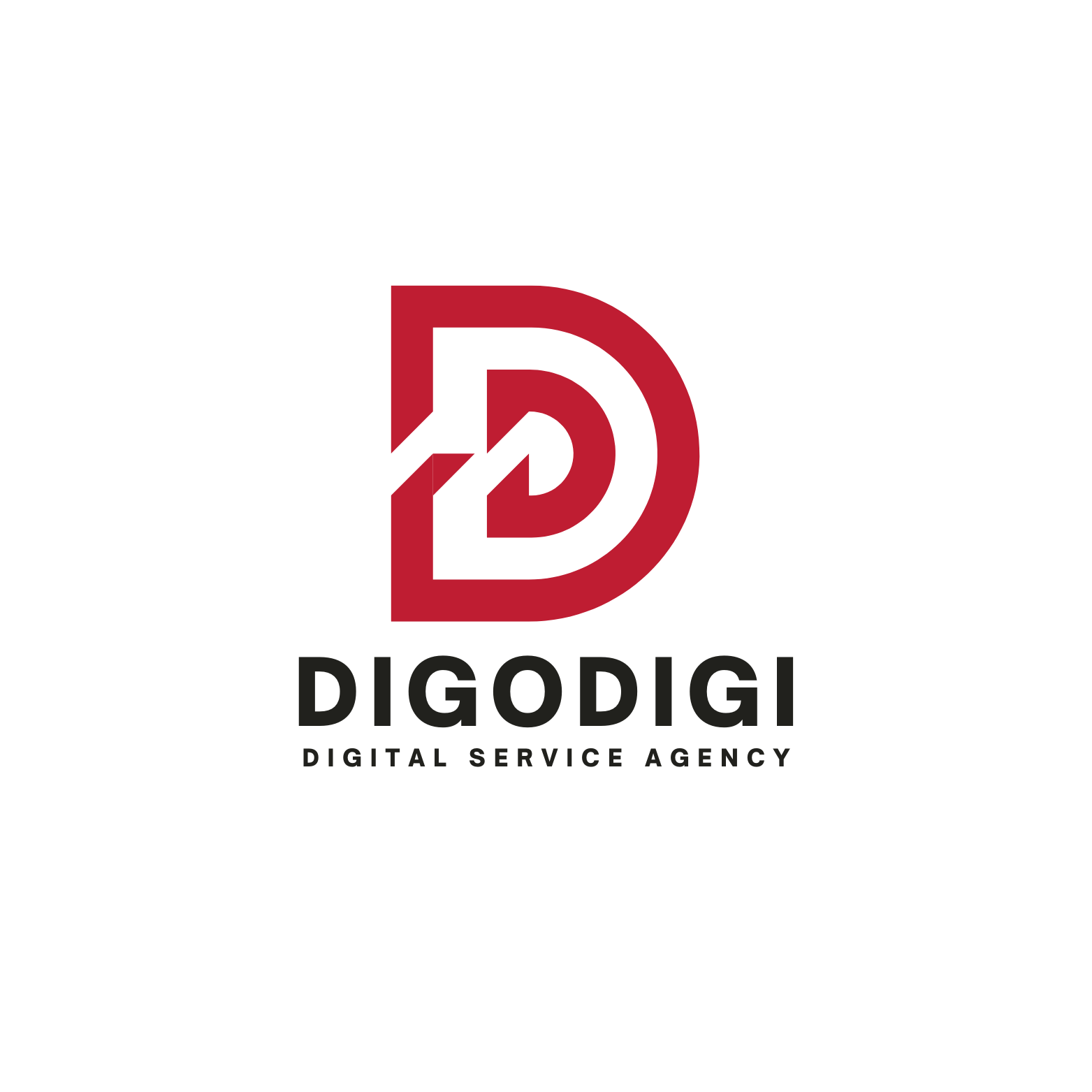
Google Ads Conversion Tracking offers several benefits to advertisers looking to measure the effectiveness of their campaigns and optimize their advertising strategies. Some of the key benefits include:
- Measuring Conversions: Conversion tracking allows you to track specific actions that users take on your website after clicking on your Google Ads. This could include actions like completing a purchase, filling out a contact form, signing up for a newsletter, or downloading a resource. By tracking these actions, you can measure the success of your campaigns in terms of generating meaningful outcomes.
- ROI Calculation: Conversion tracking provides valuable data for calculating the return on investment (ROI) for your advertising campaigns. You can attribute the value of conversions to specific ads, keywords, and campaigns, allowing you to understand which aspects of your advertising efforts are driving the most valuable results.
- Campaign Optimization: With conversion tracking, you can identify which ads, keywords, and campaigns are driving the most conversions. This information empowers you to optimize your campaigns by reallocating budget to high-performing ads and keywords and pausing or refining underperforming ones.
- Budget Allocation: By knowing which campaigns are delivering the best results, you can allocate your advertising budget more effectively. This ensures that your resources are invested in the strategies that are most likely to bring in valuable conversions.
- Accurate Performance Analysis: Conversion tracking provides accurate insights into the performance of your ads and campaigns. You can track key metrics such as conversion rate, cost per conversion, and total conversions. This data helps you make informed decisions about your advertising strategy.
- Data-Driven Decisions: Conversion tracking allows you to base your decisions on concrete data rather than assumptions. This reduces guesswork and enables you to make adjustments to your campaigns based on actual user behavior and outcomes.
- Ad Testing: With conversion tracking, you can run A/B tests and experiments to determine which ad variations are more effective at driving conversions. This helps you refine your ad creatives and messaging to better resonate with your target audience.
- Customization: Google Ads Conversion Tracking provides flexibility in setting up and tracking various types of conversions based on your business goals. Whether you’re tracking purchases, form submissions, phone calls, or other actions, you can tailor the tracking to your specific needs.
- Cross-Device Tracking: Conversion tracking can help you understand the multi-device journey of your customers. You can see if a user clicks on an ad on one device and completes a conversion on another, giving you a more holistic view of the customer journey.
- Attribution Insights: Conversion tracking data can contribute to understanding the various touchpoints that lead to a conversion. This helps you determine the role of different campaigns and channels in the customer’s decision-making process.
Overall, Google Ads Conversion Tracking empowers advertisers to make data-driven decisions, optimize their campaigns, and achieve better results by focusing on actions that directly contribute to their business objectives.
